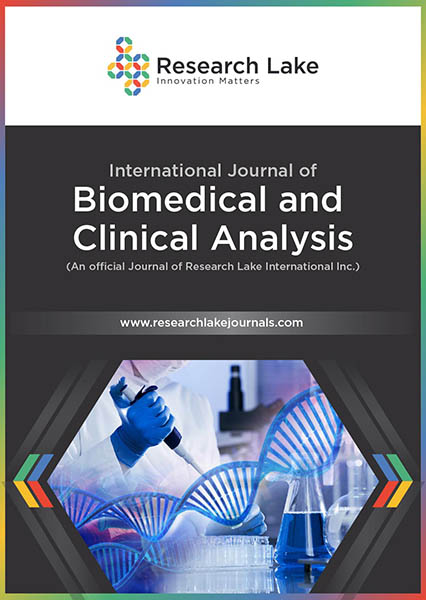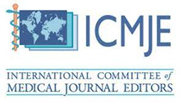Advancing Vaccine Strategies for Combatting Placental Malaria: A Path to Effective Implementation
Abstract
Pregnant women are particularly vulnerable to malaria infection, especially during their first and second pregnancy, despite pre-existing immunity to malaria acquired during childhood. When the parasite-infected red blood cells sequester in the intervillous spaces of the placenta, it leads to various adverse pregnancy outcomes such as maternal anaemia, hypertensive disorders in pregnancy, premature delivery, and infant low birth weight (LBW), which are associated with a higher risk of maternal and foetal/neonate mortality. Anaemia, undernutrition, and HIV infection increase the risk of malaria-associated adverse pregnancy outcomes. The World Health Organisation (WHO) estimates that in 2022, there were approximately 35.4 million pregnancies in the WHO African region of which 36% were exposed to malaria infection, with an estimated 393,000 neonates with low birthweight as a result.
Copyright (c) 2024 Flavia Dalessio, Mandeep Kaur, Mwayiwawo Madanitsa

This work is licensed under a Creative Commons Attribution-NonCommercial 4.0 International License.
Copyright © by the authors; licensee Research Lake International Inc., Canada. This open-access article is distributed under the terms of the Creative Commons Attribution Non-Commercial License (CC BY-NC) (http://creative-commons.org/licenses/by-nc/4.0/).






















